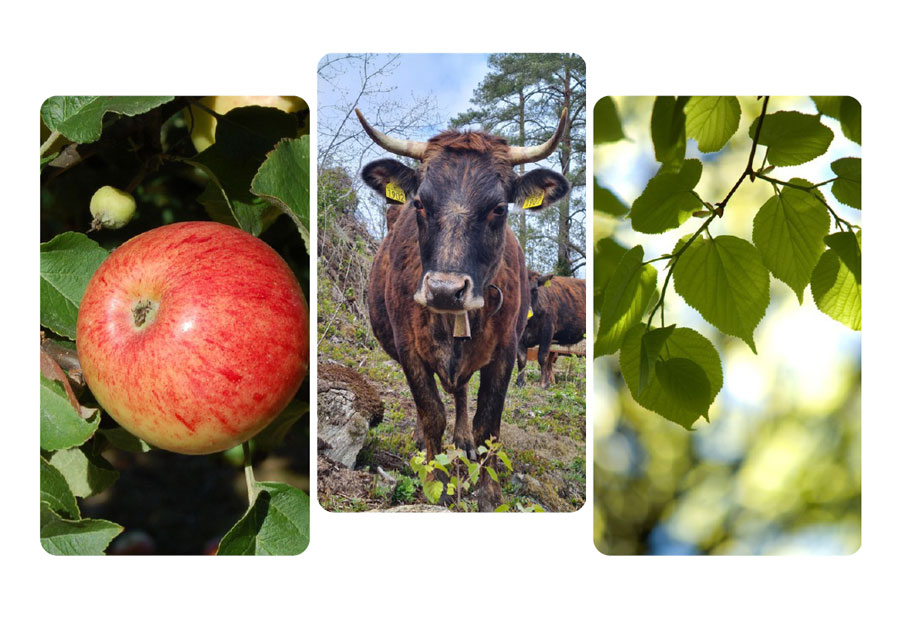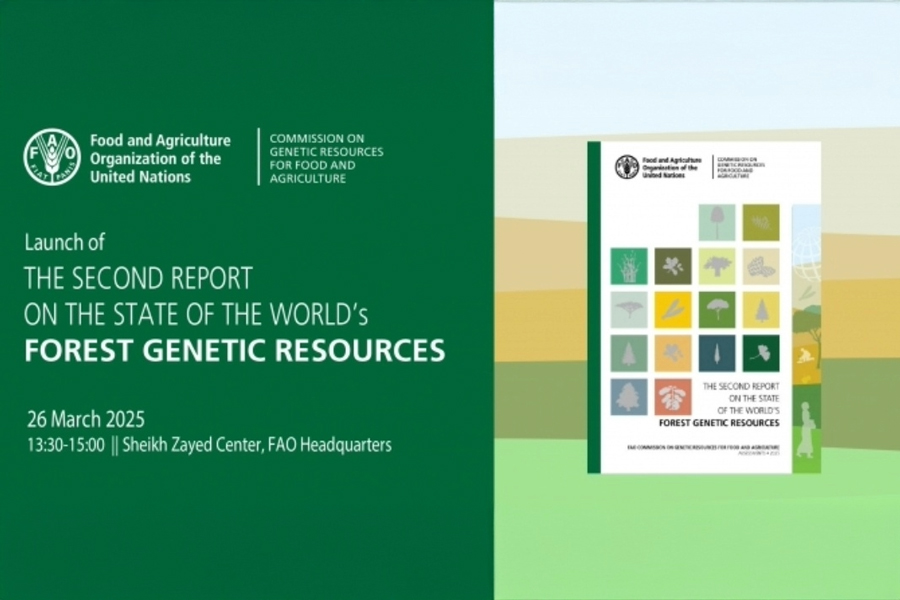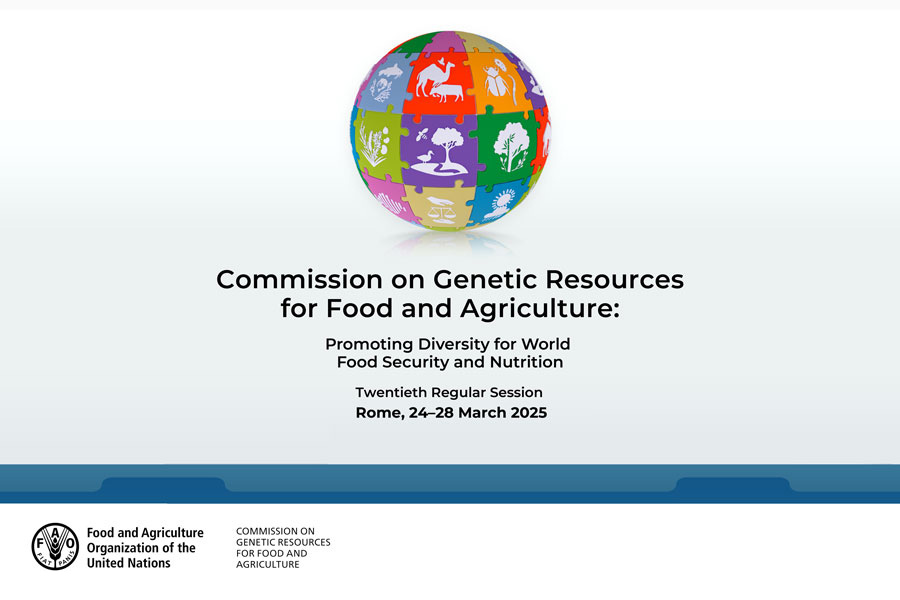European forest owners and managers could make more use of forest genetic resources in the face of climate change
Managing genetic diversity is of key importance in fostering resilience of forest ecosystems to climate change. However, very few studies have examined the readiness of forest owners and managers in Europe to actively manage forest genetic resources (FGR) as a strategy to cope with climate change. Results from a recently published study by the EU-funded GenTree project showed that although managers are generally favourable to the use of FGR, adapting their tree planting strategies to cope with the risks of climate change remains a challenge.
Tree species selection is widely recognized as the main critical choice that directly influences the capacity of forest ecosystems to withstand climatic changes. In addition, managers can combine decisions on species with others on the type of regeneration approach and the geographic origin and genetic composition of the selected material. What is the attitude of forest owners and managers to these possibilities?
To find out, a survey reached out to more than 200 forest owners and managers from 15 European countries, asking about their perceptions of the main threats to forest ecosystems, their knowledge of FGR and their attitude toward actively managing these resources to strengthen the resilience of forest ecosystems.
Respondents perceived pests and diseases to be the top-ranking threats to forests. They said they were aware of the potential offered by managing FGR and that they paid attention to origin and quality in their choice of planting material. Generally, respondents were in favour of using forest reproductive material foreign to the planting site, to better match the projected future climate. This could involve introducing either a new native tree species or changing the source of planting material to a new non-local genotype of an existing species. However, respondents had a strong preference for forest reproductive material from local sources over non-local material, genetically improved and not improved.
The results of the survey suggest that forest managers and owners may need help in understanding the potential benefits of active adaptation and mitigation management of FGR, to encourage them to implement adaptive measures. Also, we need to make greater efforts to understand the perceptions and motivations of European forest owners and managers, in order to better tailor advice on optimal measures to counteract the detrimental effects of climate change.
In this context, EUFORGEN’s mandate — to promote the appropriate use of forest genetic resources by preparing science-based guidelines and recommendations, considering up-to-date scientific evidence and the existing policy frameworks — is very relevant and a priority.










